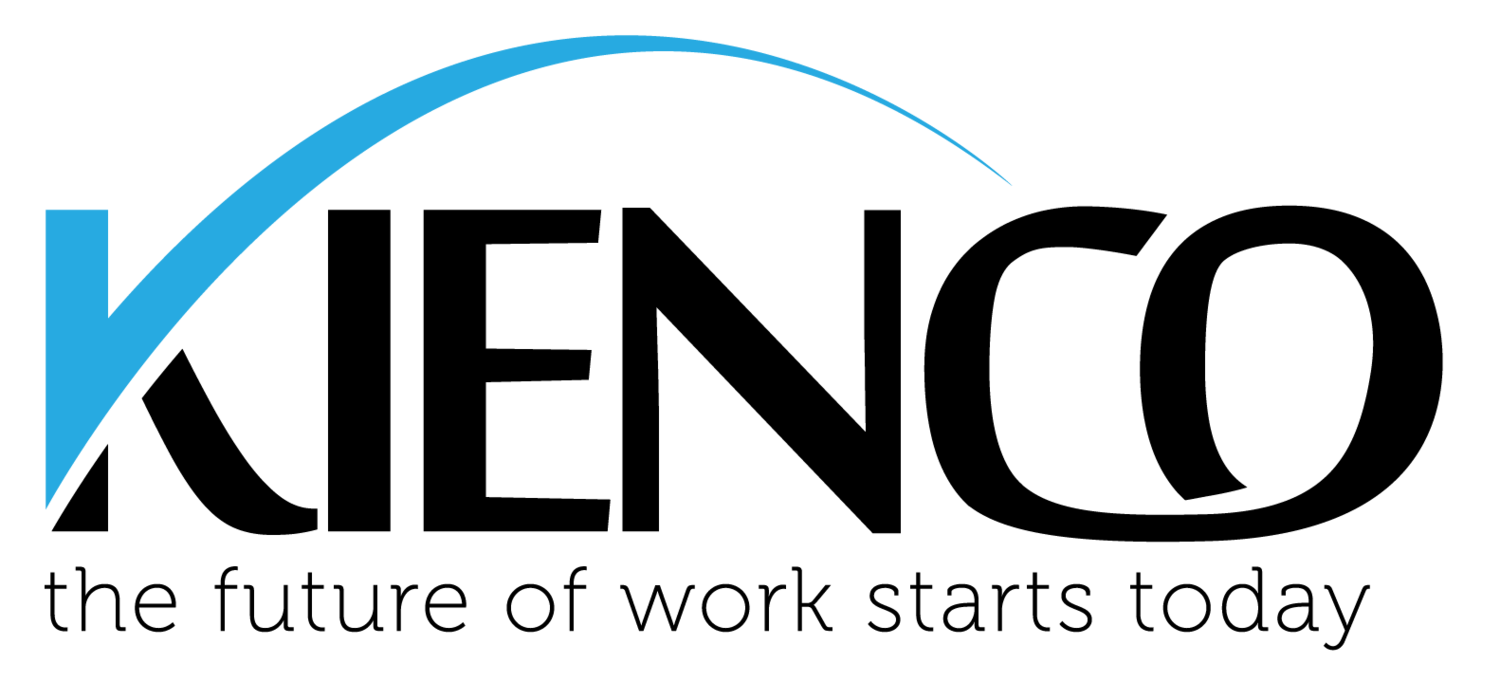Here in Australia there used to be this great TV show called Beyond 2000. Beyond 2000 would show the "next generation" of various technologies, and predict the technologies that would become commonplace by 2000 and beyond. What's interesting watching these episodes some 20 years later is two-fold: 1. Often the direction or overall development was pretty accurate; and
2. Often the individual details of how these technologies would be introduced, and the impact that they would have, were very wrong.
A great case in point is this episode (below) on wearable computing, and particularly the part from 2:32:
"For the 21st Century executive, there will be no need to stop work just because you've left the office"... a camera can fax your hand written letters back to your secretary! Amazing!

Of course, wearable computing as a concept is not new - and nor was it new when this episode first aired - the calculator watch, for example, had been around since the 1970's. And along with other Beyond 2000 subjects including autonomous vehicles and the internet of everything, development continues on wearable computing and mainstream adoption is still elusive. That might change this year with the launch of Google Glass. Google Glass is wearable computing developed by Google X, and 10,000 of these units are being tested ahead of a consumer launch expected some time in 2014.

Google Glass's website talks about some incredible applications that go beyond convenience and into new capability - a real-time translation of your voice into another language, for example; or the case study of Alex Blaszczuk, who was left partly paralysed in a car accident en route to a camping trip in 2011 - and through wearable computing is able to become more independent.
It's quite phenomenal to think about the extent to which Google Glass may revolutionise the world of work, and Amara's law rings true – "We tend to overestimate the effect of a technology in the short run and underestimate the effect in the long run."
What impact do you think wearable computing may having on the workplace?


